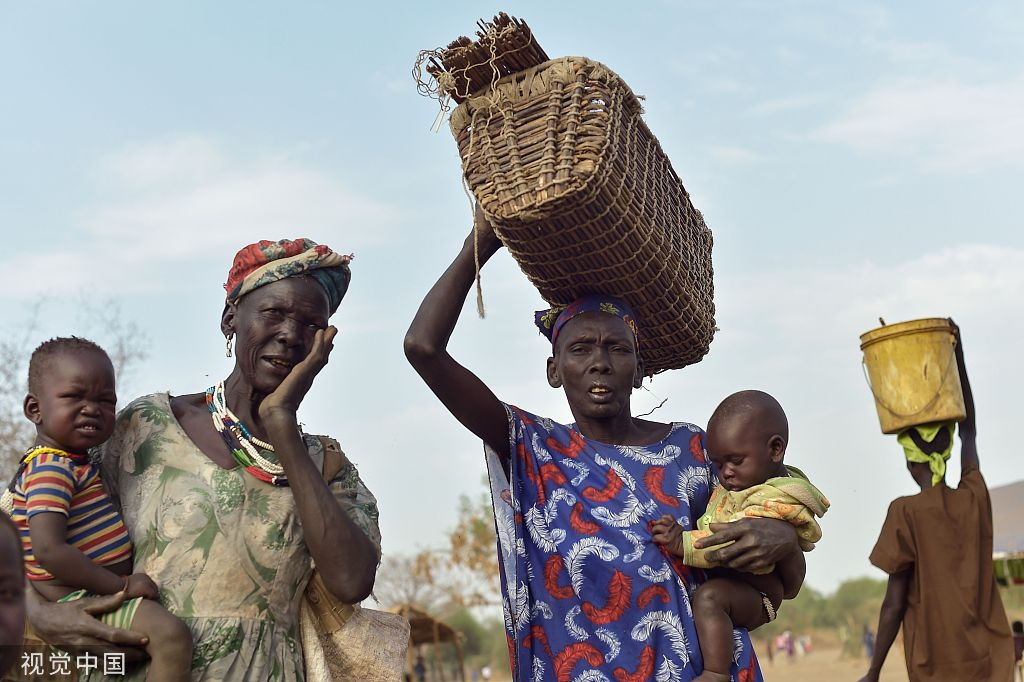International community urged to help prevent hunger crises


Action Against Hunger, a global humanitarian organization committed to ending world hunger, has called on the international community to collectively make political commitments and take action to avoid a hunger crisis in light of the coronavirus pandemic.
The organization said along with previous experiences, the direct and indirect impacts of novel coronavirus on health, hunger and food insecurity are already extensive.
"With 40 years of experience fighting hunger in many countries, Action Against Hunger has long understood the impact of large-scale emergencies, witnessing the Ebola outbreak, war-torn countries, and extensive displacements. This pandemic is however unique, its sheer magnitude differentiating it from other crises," the organization said.
The humanitarian organization said coronavirus impacts are multiple and massive, varying from one region to another, depending on rural or urban localization, as well as food availability and access. Responses therefore need to be comprehensive and adapted to each context.
To implement an effective response, Action Against Hunger said humanitarian and development actors must work alongside communities and civil society organizations to jointly define both the needs and the appropriate response.
Africa is already grappling with food security challenges with the situation in the East African region having been worsened by locust infestation that has destroyed crops and the livelihoods of millions of smallholder farmers.
The World Food Program estimated 20 million people already faced acute food insecurity in nine countries before the coronavirus outbreak.
According the World Economic Forum, about one in five of the world's acutely food-insecure people are in the Intergovernmental Authority on Development region, an area of 5.2 million square kilometers that comprises Djibouti, Eritrea, Ethiopia, Kenya, Somalia, South Sudan, Sudan and Uganda.
While weather extremes were the primary cause in 2019, the organization said most of the countries are vulnerable to conflict, insecurity and economic shocks.

































